“Ala Press and the Communion of Pacific Literature” is the first in a series of articles: “This Is Small Press” which features innovative literary presses and their commitment to the connection of aesthetics and community. As the Kathy Acker Fellow and curator of the Les Figues blog, I was interested in curating a series of articles that stays within the tradition of the blog series on issues within small press, but also with a special focus on community and politics. Part reflective essay, part Q/A, this first piece is by Craig Santos Perez on Ala Press, his co-run press with Brandy Nalani McDougall, a small press that fosters Pacific literature into our futures. This is small press. – Margaret Rhee
I don’t remember the exact moment when Hawaiian poet and editor, Brandy Nālani McDougall, and I decided to start a small press dedicated to Pacific literature, but it probably happened over food (as most other decisions in the Pacific). So we co-founded Ala Press in 2011, and our mission is to publish Indigenous Pacific Islander literature and to create an empowering space for Pacific authors. Ala means “basket” and “nest” in the Chamorro language and “path,” “fragrance,” and “to rise up” in the Hawaiian language. We named our press Ala because we believe that our stories have the power to carry, nurture, guide, beautify, and awaken. We are proud that our books are edited, formatted, and designed entirely by Pacific Islanders.
Q: Did you grow up with Indigenous Pacific Islander literature? How might your experience shape your hopes for Ala Press?
A: I personally did not grow up with Pacific literature. Most of what I was taught in school in Guam and, later, in California, was the American and European literary traditions. As a child, the only Pacific stories I can remember were those moments at family and community gatherings, in which relatives and friends would talk story. It was not until later in life that I found my way towards Pacific literature. I hope that other young Pacific Islanders will be able to grow up with Pacific texts at home and in school.
Our first three books were anthologies: Nafanua (2011), which featured several established Pacific writers; Penny for Our Thoughts (2011), which featured writing by Hawaiian high school students; and Matamai (2012), which featured writing by Pacific Islands Studies Students in San Francisco. Our last three books have been by single authors. Afakasi Speaks (2013) is by award-winning spoken word poet of Samoan and English descent, Grace Teuila Evelyn Taylor. This was followed by Squid out of Water (2014), by Daren Kamali, a poet, artist, and teacher of Fijian and Wallis and Futuna descent. Our most recent book, passages in between (i)slands (2014), is by Samoan and Cook Island Maori poet Audrey Brown-Pereira. Our next collection, to be published this summer, will be an anthology of authors from Guam and Hawai’i.
Q: Are the books chosen by submissions or invitations?
A: The books are chosen by invitation, though we certainly entertain queries. At this point, we are not equipped to have an open reading period or submission process.
We pride ourselves on being able to work closely with our authors to ensure that we create beautiful books that are accessible in terms of language, form, and pricing, but also resonate with Pacific aesthetics and cultures and contribute to Indigenous decolonization and social justice. In the past five years, our books have been taught in high schools, colleges, and universities internationally, and the books have received positive reviews in various regional newspapers and literary journals. Our authors have traveled across the Pacific and elsewhere around the world performing their work to new audiences.
Excitingly, there are a growing number of Pacific literature courses being taught in high schools and universities throughout the Pacific, the U.S., Asia, and Europe. Over time, this will certainly increase the readership and open up new opportunities and demands for publications. The challenge comes with developing and nurturing a readership outside of the academy, so that our community members are actively buying and reading books, supporting small presses, and supporting authors. We need to make books and reading into something cool, trendy, and popular again.
To keep operations manageable, we publish just one to two books a year. To promote the book, we send out review and educators’ copies, press releases on social media, host a book launch in Hawai’i, and support the author if they host their own book launch outside of Hawai’i. If requested, we supply bookstores, universities, and libraries with books. We utilize print-on-demand technology to keep costs down (our books retail at $12 a unit), and our titles are available online at Amazon. This keeps printing costs, storage, and distribution at a minimum.
Q: How has Ala Press changed the landscape of Hawaiian small press and larger small press literature?
I think we have added to the publishing landscape in Hawaiʻi, offering another space for Pacific Islanders to publish their writing.
Having worked in publishing for over ten years on various small press endeavors, I am aware of the struggles that publishers face. These struggles are confounded if you publish poetry books because fewer people are buying books, and even fewer people read poetry. While we at Ala Press push the education angle (by working with teachers to get our books into classrooms), we have also focused on creating a series of community literary events to raise awareness and excitement about Pacific literature. At the moment, Brandy and I have full-time jobs that pay our bills, so we do not stress about Ala Press making any money (we hope to simply make enough to support our authors, designers, and artists, as well as to cover production costs.
Q: How is Ala like a community and not just a small press? Why would community be important for a small press?
A: We have organized literary readings on and off campus, in various venues and created for different communities. We also try to engage with the activist community. I think community is important because it helps nurture a readership and builds trust in our publications.
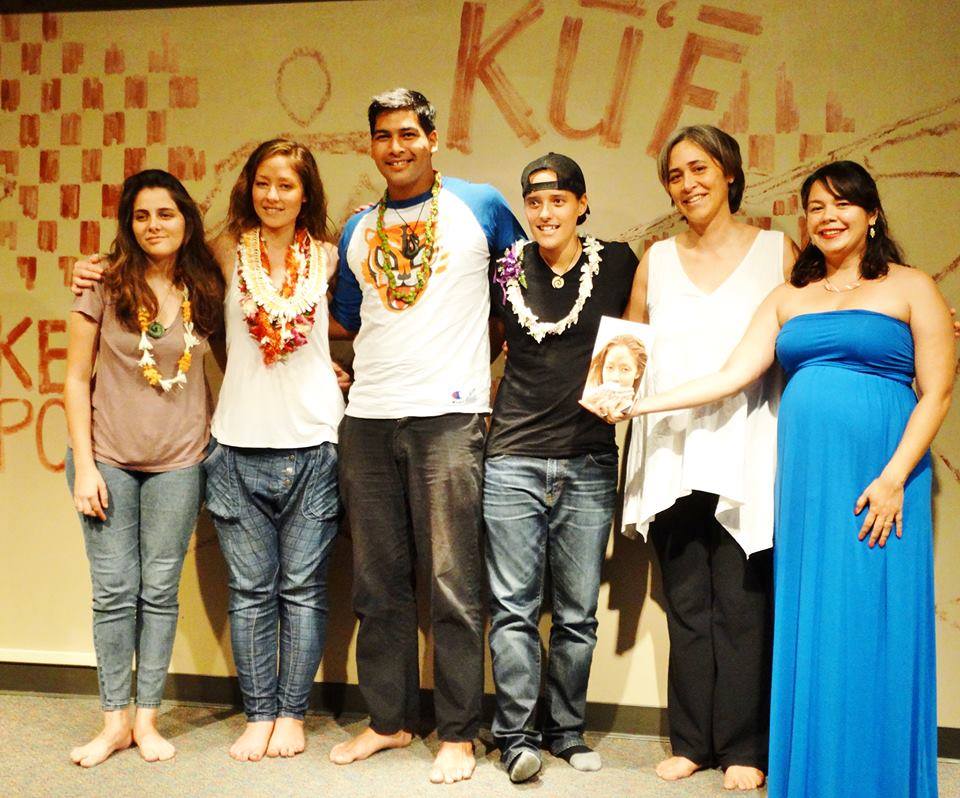
Featured performers at a book launch (from left to right: Serena Ngaio Simmons, Grace Teuila Evelyn Taylor, William Giles, Jamaica Heolimeleikalani Osorio, Lyz Soto, Brandy Nalani McDougall)
Even though I believe that Indigenous-controlled publishing is important activism in terms of self-representation and decolonization in the Pacific, I am very pragmatic about what we have time for, what we can afford, how much interest actually exists, and what we need to do to cultivate a wider audience. While our approach is modest, we are proud of our service and contributions to the Pacific literary community.
Q: What do you envision as the future of PI publishing and how does Ala fit into this vision?
A: In many ways, the future is already here. I envision there will be more authors self-publishing in print and digital formats, eschewing traditional and small press publishing altogether. I think university presses will become more active and re-invest in publishing Pacific literature. Crowdfunding will likely play a vital role in funding authors and presses. Perhaps there will be a handful of Pacific writers who will break into the larger publishing markets. I envision Ala Press just being a humble contributor to this larger movement.
For more information on Ala Press, friend at Facebook and to be added to the listserve, email craigsantosperez at gmail dot com.
Catalog
Nafanua, edited by Dan Taulapapa McMullin (2010)
Penny for Our Thoughts, by Kamehameha Students (2011)
Matamai2: Intersecting Knowledge across the Diaspora, by Pacific Islander Studies Students, edited by Kerri Ann Borja-Navarro, Richard Benigno Cantora and Andrew Fatilua Tunai Tuala (2012)
Afakasi Speaks, by Grace Teuila Evelyn Taylor (2013)
Squid out of Water, by Daren Kamali (2014)
passages in between (i)slands, by Audrey Brown-Pereira (2014)
Craig Santos Perez is a native Chamoru (Chamorro) from the Pacific Island of Guåhan (Guam). He is the co-star of the poetry album Undercurrent (2011), and author of three collections of poetry, most recently from unincorporated territory [guma’] (2014), winner of the American Book Award. He holds a Ph.D. in Ethnic Studies from UC Berkeley, and he is an associate professor in the English Department at the University of Hawaiʻi, Mānoa, where he teaches Pacific literature and creative writing.
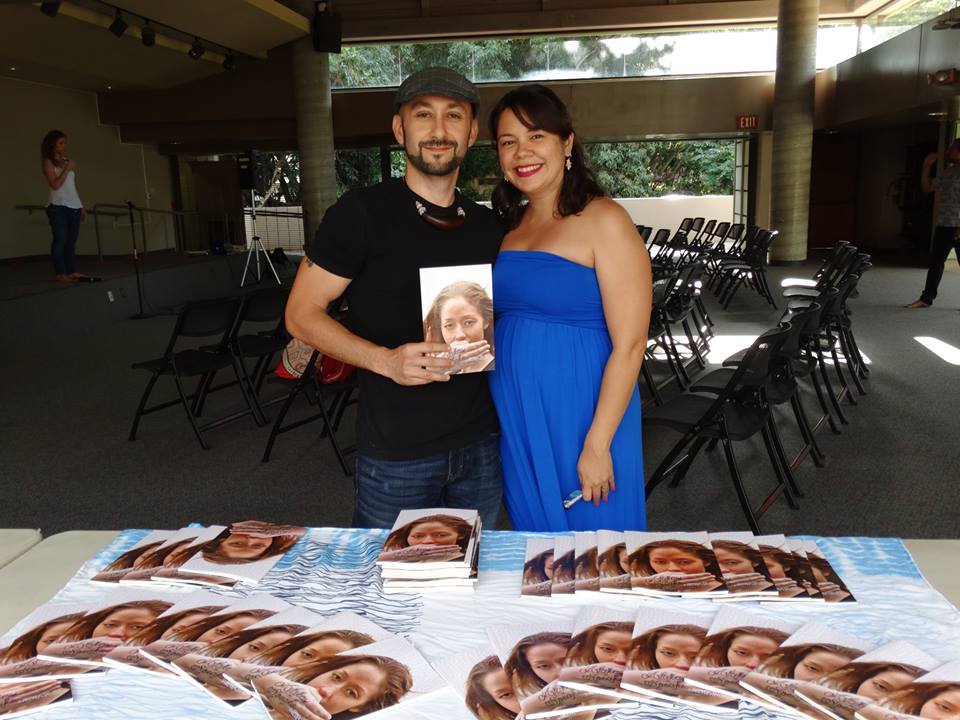
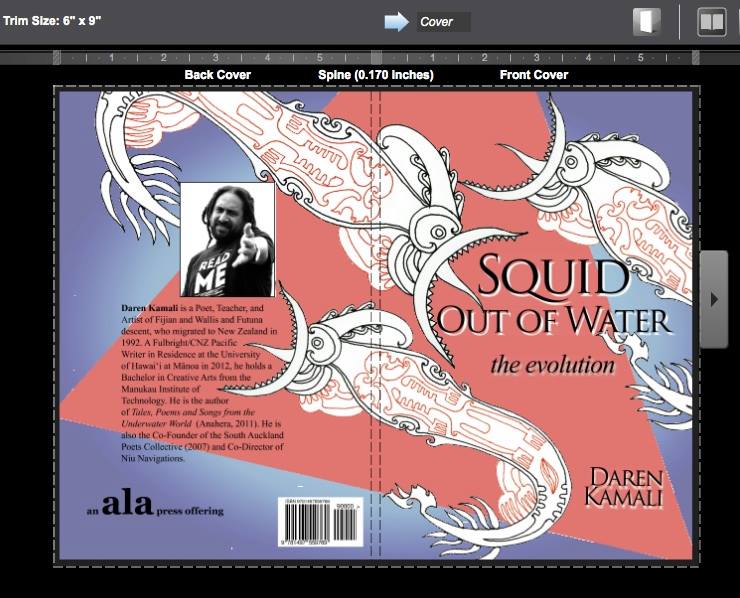
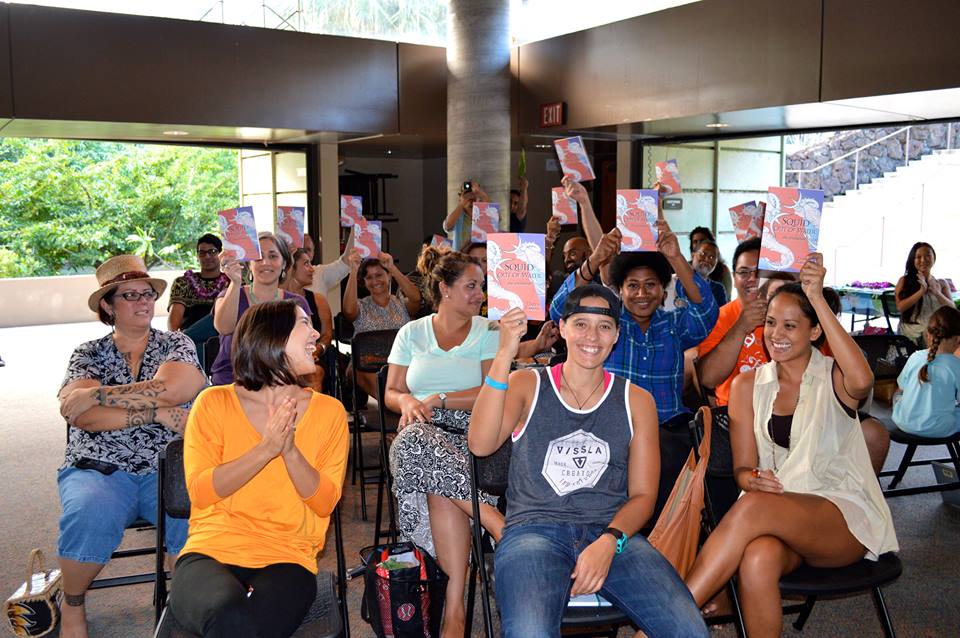
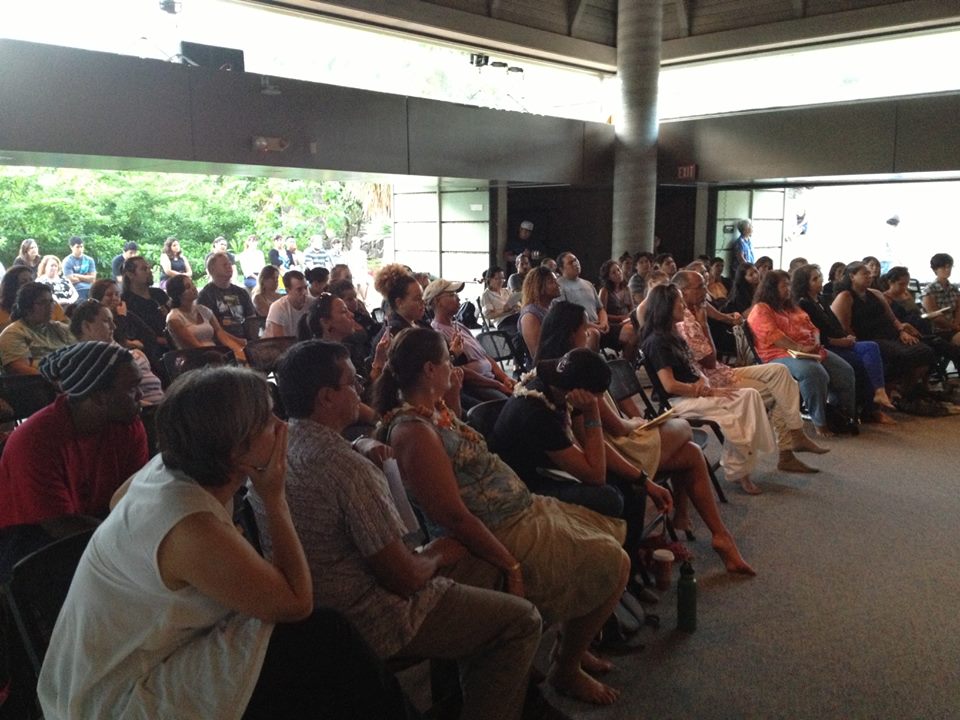
Comments are closed.